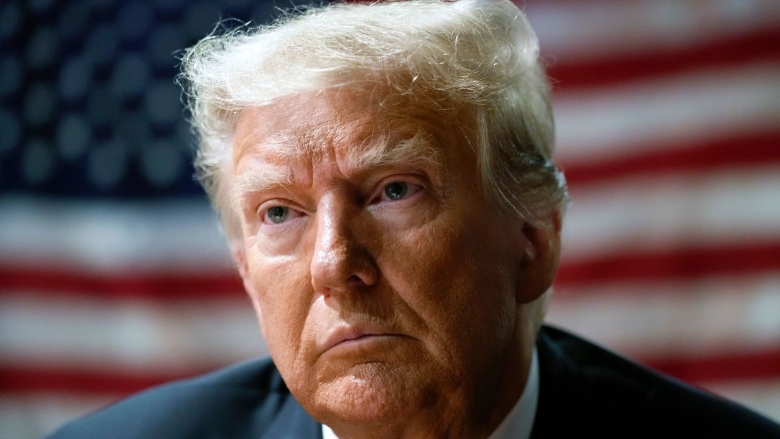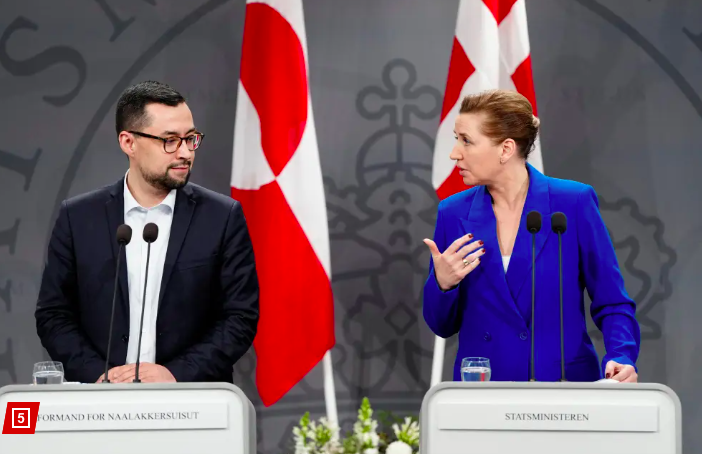President-elect Donald Trump is set to make a bold and controversial move as his administration prepares to withdraw the United States from the World Health Organization (WHO) on January 20, 2025—his first day back in office. This drastic decision, reported by the Financial Times, would sever ties with the international health body and strip it of its largest financial contributor, potentially destabilizing global health initiatives.
If finalized, this move fulfills a longstanding promise from Trump’s previous presidency. He has repeatedly criticized the WHO for what he claims is undue alignment with China and a failure to uphold transparency and leadership, particularly during the COVID-19 pandemic.
The U.S. currently funds approximately 16% of the WHO’s $6.83 billion budget, making it the single largest donor to the organization. These funds support critical global health programs, including disease eradication, vaccine distribution, and emergency responses to pandemics. However, Trump and his allies argue that these financial contributions are poorly managed and disproportionately benefit countries like China.
“In 2020, Trump initiated the process to leave the WHO as COVID-19 spread, accusing the agency of being under China’s control,” the Financial Times reported. However, President Joe Biden reversed this decision upon taking office in 2021, restoring the U.S.’s involvement with the organization.
Eric Thompson Show Podcast
Now, Trump’s team appears determined to swiftly finalize the withdrawal to signal a sharp departure from Biden-era policies.
Sources within Trump’s transition team describe the withdrawal as a key symbolic act to underscore his administration’s America First agenda. “There are lots of people who are going to be part of the inner circle of the administration who do not trust the WHO and want to symbolically show on day one that they are out,” said Ashish Jha, former White House coronavirus response coordinator under Biden and dean of Brown University’s School of Public Health.
For conservatives, the WHO represents an inefficient and biased international organization that undermines U.S. sovereignty while demanding significant financial support. Trump himself has accused the agency of being “China-centric,” saying in 2020, “They seem to err always on the side of China.”
Critics within Trump’s circle also argue that the WHO has failed to adequately justify the significant contributions from American taxpayers, highlighting inefficiencies in its handling of past crises, such as the delayed response to the initial COVID-19 outbreak.
The timing of the withdrawal announcement is deliberate. By making the decision on Inauguration Day, Trump intends to set a bold tone for his second term, signaling a decisive break from his predecessor’s policies. Experts say the move is both strategic and symbolic, intended to reassert U.S. independence from globalist organizations perceived as ineffective or biased.
However, the withdrawal has sparked warnings from health experts worldwide. Ashish Jha described the move as potentially “catastrophic” for global health efforts. Many low- and middle-income countries rely on WHO programs to address critical health challenges, from combating infectious diseases to improving maternal and child health.
Without U.S. funding, the WHO could face severe financial constraints, limiting its ability to operate effectively. This could jeopardize efforts to fight diseases like malaria, tuberculosis, and HIV/AIDS while weakening global preparedness for future pandemics.
While Trump’s team has not officially commented on the details of the withdrawal plan, the decision would mark a significant shift in U.S. foreign policy. It aligns with Trump’s broader vision of reducing American involvement in international organizations he views as failing to prioritize U.S. interests.
This move could also set a precedent for other nations, potentially encouraging them to reevaluate their contributions to the WHO or similar global institutions. Such a trend could further weaken international cooperation on health issues at a time when global collaboration is critical.
As the world braces for this potential policy shift, questions remain about the long-term implications of U.S. disengagement from the WHO. While Trump’s supporters praise the decision as a necessary correction to globalist overreach, critics argue that it risks isolating the U.S. on the global stage and undermining critical health initiatives that benefit millions worldwide.
For Trump, however, this decision represents a broader ideological commitment to reshaping America’s role in global governance. As his inauguration approaches, the eyes of the world will be on Washington, waiting to see how this policy unfolds—and how it will shape the future of global health.




The WHO has been trying to insinuate itself as a global-controlling – unelected – entity. Overriding sovereign countries’ laws.
WHO is a CCP puppet assembly
Next goes the UN.
Out of Manhattan and out of America!
I do not believe in any organization that has the power to tell the American public how to handle themselves in a health crisis or pandemic. They are not elected officials and to allow them to have power over us is frightening! An unamerican! Yes, definitely pull us out of WHO.